Aronia berries with lemon and ginger macerated in honey, in a jar
Preparation time5 min
Waiting time7 days
Ready in7 days 5 m
An effective immune tonic with a pleasant taste
Aronia berries with honey, ginger and lemon in a jar: a macerate with a special taste, which helps to strengthen the immune system, tones the body during periods of fatigue, supports the cardiovascular system, is hepato-protective, has an anti-inflammatory effect, facilitates digestion, and thanks to the high content of antioxidants they fight against free radicals.
Servings: 8 servings
A jar of ~250g, equivalent to ~8 servings at 25-30g serving (a spoon with a tip)
Ingredients
Estimated cost: 1.3 €
Materials
- recipient/jar;
Preparation
 We prepare the ingredients:
We prepare the ingredients:
- wash the aronia in 2-3 water, separate the aronia berries from the bunches and let them dry on paper towels to remove the excess water;
- wash and clean the ginger, then cut it into thin slices;
- wash the lemon well and cut a few thin slices. Place in the jar, in layers: the lemon slices, aronia (chokeberry) and sliced ginger, until the jar is full.
Place in the jar, in layers: the lemon slices, aronia (chokeberry) and sliced ginger, until the jar is full. We pour the honey, little by little, patiently, so that it drains well between the aronia berries, the ginger slices and the lemon slices, until they are covered.
We pour the honey, little by little, patiently, so that it drains well between the aronia berries, the ginger slices and the lemon slices, until they are covered.- Close the jar tightly and leave it to macerate in the refrigerator for 1 week, after which the contents can be consumed.
Administration
→ One spoon with a tip will be consumed 1-3 times a day, preferably on an empty stomach, half an hour before meals.
→ It can be administered for long periods of time, with the recommendation that after each month of administration you take breaks of 2 weeks.
→ It can be administered for long periods of time, with the recommendation that after each month of administration you take breaks of 2 weeks.
Observations
→ If the lemon is not organic, it is good to peel it.
Storage/Validity:
→ It is recommended to store in small glass containers, necessarily cold, in the refrigerator.
→ If it is not opened, such a jar can be kept in the refrigerator for up to 6 months.
→ From opening, consumption within a maximum of 3 months is recommended.
Storage/Validity:
→ It is recommended to store in small glass containers, necessarily cold, in the refrigerator.
→ If it is not opened, such a jar can be kept in the refrigerator for up to 6 months.
→ From opening, consumption within a maximum of 3 months is recommended.
Effects and benefits
General:
- important source of antioxidants: anthocyanins, flavonoids, phenolic acids;
- contains the highest level of anthocyanins and proanthocyanins;
- rich in vitamins: A, B, C, P, K and Q;
- rich in minerals: calcium, magnesium, potassium, iron, zinc and manganese;
- rich in carotene, lutein and catechin;
- tonic / energizing;
- the antibacterial effect;
- immuno-protective
- vitaminizing/mineralizing;
- source of fiber
- regulates the tension;
- regulates blood sugar;
- protects the stomach;
- anti-depressant;
- digestive;
- anti-diarrheal;
- detoxifying;
- anti-aging effect;
- hepato-protective;
- reduces stress;
- protects the body from intoxication;
Supports the immune system:
- strengthens the body's immunity (aronia being rich in vitamin C);
- prevents colds and flu (aronia are rich in ellagic acid and myricetin);
- prevents bacterial infections in the respiratory system;
Anti-tumor effects:
- reduces the risk of colon or breast cancer
- fight against free radicals;
- aronia inhibits the growth of cancer cells in colon cancer;
Supports the cardiovascular system:
- chokeberry helps regulate blood pressure due to its high potassium content, which has a dilating effect;
- helps prevent and even treat atherosclerosis;
- prevents coronary diseases;
- decreases the risk of myocardial infarction;
- effectively cleans the blood;
- reduces triglycerides and bad cholesterol (LDL);
Supports cognitive functions:
- helps increase neural activity;
- helps to strengthen neural connections;
- reduces oxidative stress in the brain (due to anthocyanins);
- prevents depression and anxiety, reduces stress;
- helps prevent neurodegenerative diseases (Alzheimer's, Parkinson's);
- prevents the risk of dementia;
- supports memory and improves learning processes;
Aids vision:
- supports eyesight, chokeberry being rich in carotene (lutein and zeaxanthin, flavonoid antioxidants present in chokeberry);
- prevents eye degeneration;
- reduces oxidative stress in the eyes;
- reduces inflammation in the eyes;
- prevents the development of cataracts;
- improves vision at night (anthocyanins improve micro-circulation and reduce capillary fragility);
Supports the digestive system:
- helps digestion, being rich in fiber;
- fights constipation;
- fights diarrhea;
- protects the intestines from bacteria;
- detoxifies the body;
- helps to lose weight (favors fat burning and increasing muscle mass);
Other:
- helps to combat fatigue;
- prevents the sudden increase in blood sugar and keeps the sugar level under control, thanks to dietary fibers;
- prevents and fights allergies;
- contributes to the proper functioning of the liver;
- offers extra protection against UV radiation;
- recommended for those with rheumatism and joint pain (cyanidin and anthocyanin);
- prevents and treats urinary infections, thanks to quinic acid;
- reduces the development of E. coli bacteria and Staphylococcus aureus;
Side effects
- excessive consumption can in some cases lead to gastrointestinal disorders;
Contraindications
- for pregnant or breastfeeding women to consume only with the consent of the doctor;
- it is contraindicated for those with kidney stone problems, as chokeberry contains oxalic acid;
- for those with diabetes, a doctor's recommendation is necessary, and if you use honey, it should be acacia;
- it is not indicated for people with gastric/duodenal ulcer;
- attention for those with a high degree of coagulation, especially if they are going to have surgical interventions;
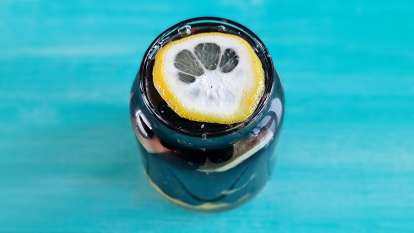
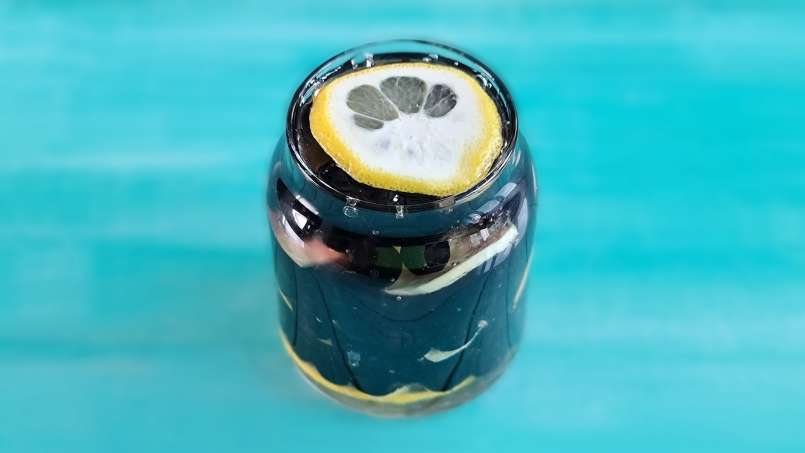
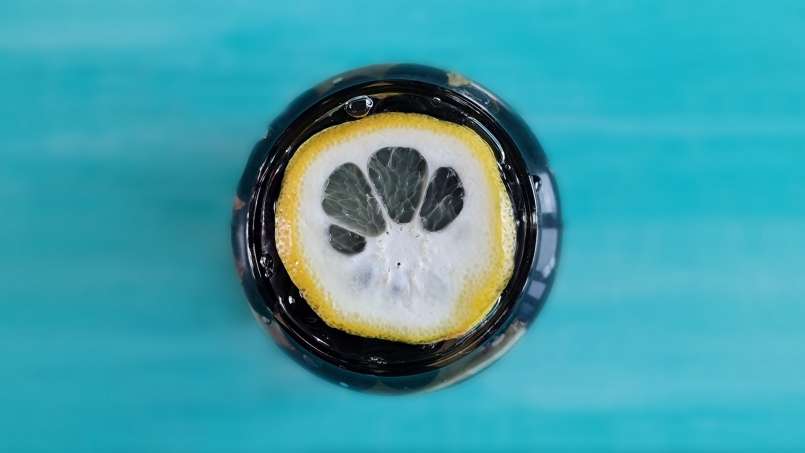
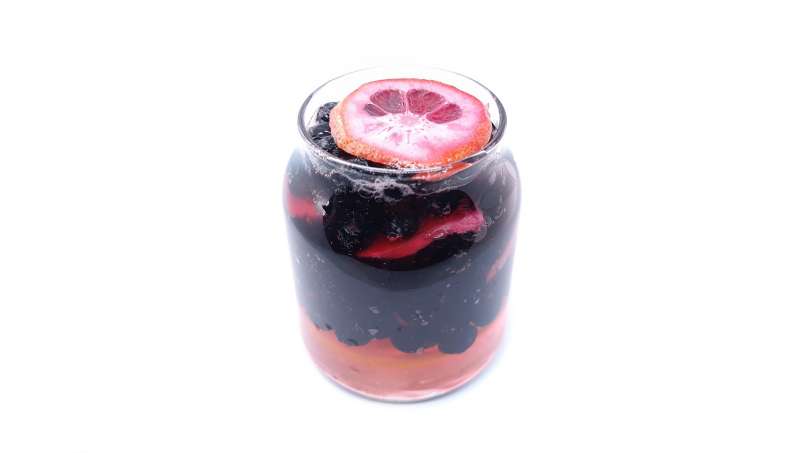
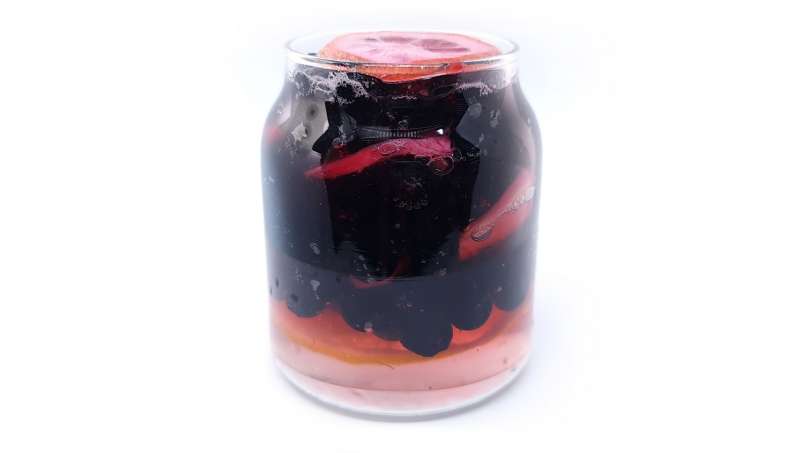
Comments